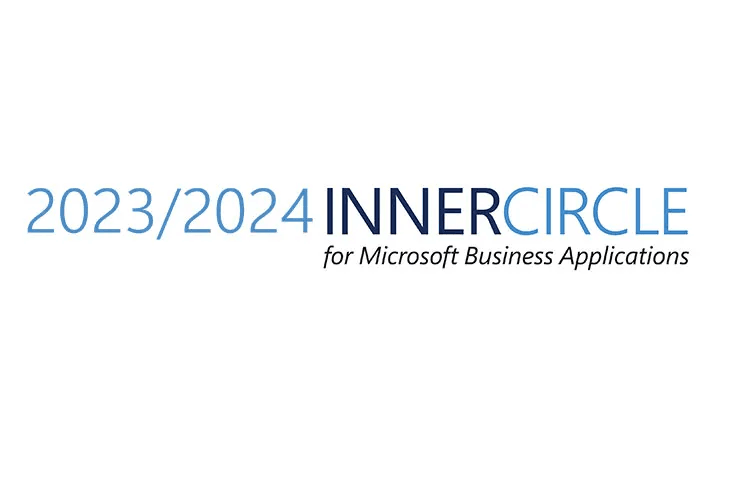
According to a study by the IT consulting company Cap Gemini, more than half of the companies surveyed plan to increase their budget for digital transformation in the coming years. Another third wants to maintain the level of IT investment at the current high level at the least. That is a clear message that shows unambiguously that business has high expectations of the digital transformation. But what exactly is driving companies into the arms of the IT industry regardless what field they are in or what size they are? This is precisely the question put to manufacturing firms in Germany by the consulting company Ernst & Young. For 68 percent of them, it is mainly about making production more flexible. In the second and third place on the list of reasons we see shorter reaction times and a higher plant utilization rates with 59 and 46 percent respectively.
Digital transformation means more than just rationalization
In other words: People worry that competitors will be able to react more quickly and respond more flexibly to customer requirements. Little attention is payed to the strategic dimension of going digital. Only 16 percent of the managers associate new business models with the market trend towards digital. It is as if Amazon, Netflix, Airbnb and Uber never existed. Of course, digital transformation is also an opportunity to optimize processes. But that hardly justifies the hype. No, that is not the crucial thing.
Traditional business models are under threat
Rationalization does not change markets. New ideas do. The digital transformation is paving the way for new products and services or a clever combination of both. In the future, we will see solutions and concepts that are fundamentally different in terms of basic approach from what is ready to launch today. What use does a plant builder have for clean, delicate technology when its competitors supply not only the plant, but also assume the operation of entire production lines as a service? Why do maintenance on machines yourself, when you can have clever manufacturers monitor the technology with sensors and buy operational readiness as a service? Why be content with standard components, if others can provide highly customized solutions from a 3D printer at cheaper prices?
Time for new ideas
Clearly, there is still a long way to go in most industries until we have self-driving cars. But the digital revolution does not mean you have to throw your entire product portfolio overboard overnight. It is a slow process that is creeping just as slowly into the mix. After all, not only manufacturers have to gain experience with smart technologies, but also customers. In some industries this goes quickly, but in others the process is somewhat slower. But there is one thing that you should not do: Ignore the "creative side of the digital revolution". If you do, there is a great risk that the competition will blow past you in the end. That can be humiliating experience, especially if those competitors had not even been on your radar previously. So it is better to gather your team together. Think about what going digital means to your industry and your company. It's worth it.
We can, of course, explore the opportunities of going digital together. Just call us or send us an e-mail. Then we can discuss how you can best profit from current trends.
More similar news articles
Found what you were looking for?
Start your intelligent search now






